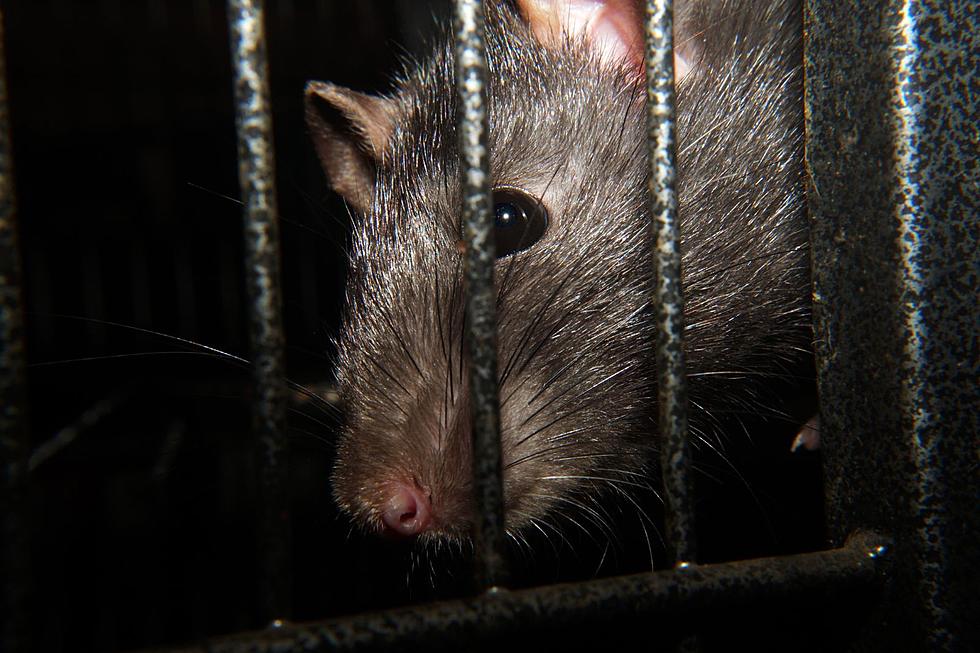
WARNING Alabama: Parasitic Lung Disease Spreading from Rats
Brown rats are spreading a new parasite throughout the southeast.

According to the CDC, most cases have historically occurred in:
- parts of Australia
- mainland China
- Taiwan
- Thailand
- Hawaii
- other Pacific Islands
But now the disease has come to the continental U.S.
Spreading to the US
"The parasite first showed up in the United States in Hawai'i," the medical site LabRoots noted, "followed by Texas, Louisiana, Alabama and Florida, probably as it moved on ships along trade routes."
"It is likely now spreading throughout the Southeastern United States," said LabRoots.
Affect on Humans
But how does the infection affect humans?
"The parasite can cause rat lungworm disease," said LabRoots, "which leads to inflammation in the brain (encephalitis) or the linings around the brain (meningoencephalitis) in humans and pets."
The Mayo Clinic says that encephalitis can cause "confusion, personality changes, seizures, or problems with movement." The Cleveland Clinic describes similar symptoms from meningoencephalitis: "fever, stiff neck and neurological issues, like light sensitivity, behavior changes and seizures."
Both sites encourage people to immediately contact medical proffessionals if symptoms are experienced.
Other Hosts
The CDC explained that the disease originates in rats, and then spreads through different hosts. "Parasites from rats only infect slugs and snails," the website read.
But infected larvae can also be transported by hosts who eat these slugs and snails, including "freshwater crabs, frogs, shrimp."
So how can you avoid it? CDC recommends:
- avoid eating raw or undercooked slugs, snails and other possible hosts
- avoid eating raw produce (e.g. lettuce) unless it has been washed thoroughly in clean water
- even then, still be wary of it
- avoid drinking from water sources that could be infected by the slugs or snails
- wear gloves if handling slugs or snails
LabRoots also warned people of touching the feces of infected rats, which could also hold parasites.
Stay Safe
"Although human infections with the parasite are rare," said LabRoots, it "does pose a potential threat to people and animals."
Doctors and veterinarians are recommended to consider the disease if they encounter patients with the symptoms listed above.
LOOK: Justin Timberlake Lists $10 Million Nashville Property
REVEALED: Real Names of Current and Former WWE Superstars
More From 95.3 The Bear









